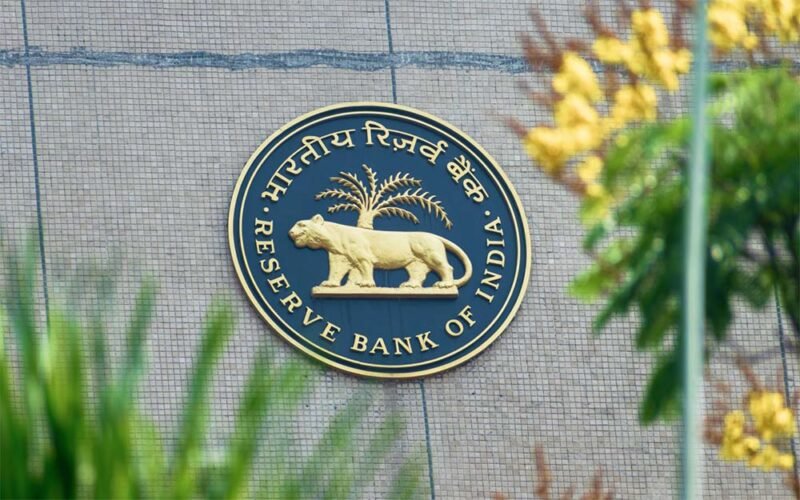Mumbai: The Reserve Bank of India has levied fines on five cooperative banks across Tamil Nadu and Karnataka for breaching regulatory norms — a move underscoring the central bank’s renewed scrutiny of grassroots financial institutions and its push to tighten compliance within India’s cooperative banking system.
RBI Tightens the Screws on Cooperative Banks
In a fresh wave of enforcement actions, the Reserve Bank of India (RBI) has imposed monetary penalties on five cooperative banks across Tamil Nadu and Karnataka for failing to adhere to its regulatory guidelines. The penalties, issued through orders dated October 22 and 23, 2025, target violations ranging from Know Your Customer (KYC) lapses to breaches of exposure and dividend declaration norms.
Among those fined, The Arantangi Co-operative Town Bank Limited in Tamil Nadu was ordered to pay ₹50,000 for non-compliance with rules governing the declaration of dividends by Urban Cooperative Banks (UCBs). The Kamuthi Co-operative Urban Bank Ltd., meanwhile, faced a similar ₹50,000 penalty for lapses in implementing KYC procedures — a critical safeguard against money laundering and identity fraud in India’s banking ecosystem.
Widespread Non-Compliance Across District Institutions
The RBI’s orders highlight a pattern of recurring governance shortfalls within local cooperative institutions. The Shevapet Urban Co-operative Bank Limited, also based in Tamil Nadu, was fined ₹50,000 for failing to comply with statutory exposure limits — rules designed to prevent banks from concentrating lending risk in a few hands.
In Coimbatore, The Valparai Co-operative Urban Bank Ltd. incurred the heaviest fine in the state — ₹1 lakh — for KYC-related non-compliance. Regulators noted that repeated deviations from due diligence protocols had raised red flags about monitoring standards across smaller urban cooperatives.
Karnataka Bank Draws Regulatory Fire
The RBI’s enforcement drive extended beyond Tamil Nadu, reaching Karnataka’s Tumkur District Co-operative Central Bank Limited. The institution was fined ₹1 lakh for contravening provisions of the Banking Regulation Act, 1949, particularly Section 20 read with Section 56, which governs lending restrictions and prudential limits.
By citing this provision, the RBI signaled its intent to ensure that cooperative banks — many of which cater to rural and semi-urban communities — are held to the same prudential standards as larger commercial lenders.
A Broader Push for Accountability and Governance
In its statement, the central bank stressed that the penalties were issued under its powers granted by the Banking Regulation Act, 1949. While monetary in scale, the sanctions are emblematic of a deeper regulatory intent: to reinforce governance, transparency, and risk management across India’s sprawling cooperative banking network.


